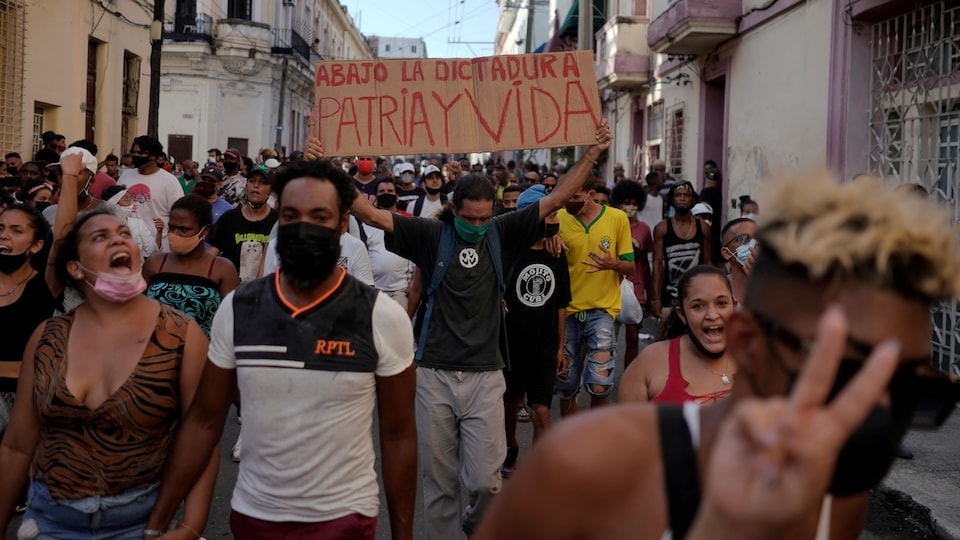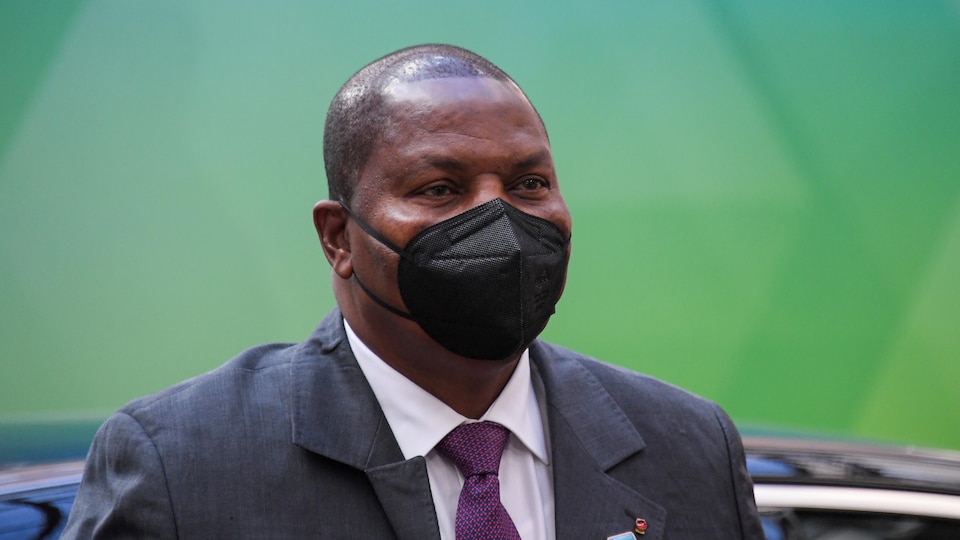Seven months after accepting cryptocurrency payments on its territory, Cuba has arrived to regulate its use. Beginning May 16, digital service providers wishing to use this cryptocurrency will need to obtain this license from the country’s Central Bank.
The latter indicates that it will be reviewed legality, the socio-economic interests of the initiative, the characteristics of the project, the responsibility of the applicants and their experience in the activity in assessing a license application.
These licenses are valid for one year and can be renewed for the second year, due to the experimental and innovative nature of this type of activity .
Last year the President Miguel Diaz Canel said his government was analyzing revenues to allow the use of cryptocurrencies in the country, whose gross domestic product will fall by 11% in 2020. The country is going through the worst economic crisis in more than 30 years, with inflation reaching 70% last year .
If the central bank has created a favorable legal framework for cryptocurrencies, it is because it has already decided that it can bring benefits to the country. says Pavel Vidal, a former Cuban central bank economist who teaches at University of the Pontificia Javeriana C from Colombia.
The expert, however, doubts that the country is on track to emulate El Salvador, the first country in the world to adopt bitcoin as a legal tender in September.
Instead, he sees it as a way for the government to avoid the impact of U.S. sanctions by facilitating the transfer of international funds.
The trade embargo imposed by the United States for decades has cut Cubans away from international financial markets and conventional payment systems. Thus, Cubans cannot get credit or debit cards for international use on the island and find it difficult to do so abroad.
Cryptocurrencies [peuvent] reduce the value of these international transactions and develop alternatives to dollar transactions, which are less sensitive to the sanctions regime Pavel Vidal believes.
According to unofficial figures, approximately 10,000 Cubans use Bitcoin, making it one of the most widespread cryptocurrency on the island.
Many of them will use it to transfer money to their relatives, something that has become more complicated since America’s tightening sanctions in 2020.
It is in the wake of these penalties that the transfer agency Western Union has decided to close its 407 service offices on the island, depriving Cubans of one of the sole remittance providers between the United States and Cuba.
The Central African Republic follows in the footsteps of El Salvador
Meanwhile, the Central African Republic – the second least developed country in the world, according toUN – firmly ventures into the territory of cryptocurrency. The country has enacted a law banning their use and making Bitcoin the official currency along with the CFA franc
The purpose of this law is to manage all transactions associated with cryptocurrencies in the Central African Republic, without restriction […] conducted by natural or legal persons, public or privatesets out the text of the law specifically mentions e-commerce activities, all electronic transactions or even tax contributions. The law also provides that cryptocurrency exchanges are not subject to tax.
President Faustin Archange Touadéra pointed out that the Central African Republic is becoming the first country in Africa to follow in the footsteps of El Salvador.
The South American nation’s decision to adopt bitcoin as its reference currency was quickly condemned by the International Monetary Fund in September. The institution considers this a risky option for financial stability, financial integrity and consumer protection.
This strategy puts the Central African Republic on the map of the bravest and dreamy countries in the world.believes in the opposite of the presidency of the Central African Republic, a country in civil war since 2013.
Some experts are wary, however, seeing it as an attempt to thwart sanctions imposed on Moscow – President Touadera’s political and military ally – in the wake of his invasion of Ukraine.
There since 2018, Russian paramilitaries arrived as reinforcements along with Central African soldiers by the end of 2020 to repel a rebel offensive.
L ‘UNfrom NGO international organizations and France, the former colonial power, accused the government of paying these mercenaries from the private security company Wagner, who was regularly criticized for its abuses. One of the group’s members, who acts as the president’s security adviser, is also being targeted by European Union sanctions.
The context, with systematic corruption and a Russian partner under international sanctions, raises suspicionsaid toAFP Thierry Vircoulon, Central Africa specialist at the French Institute of International Relations (IFRI). Russia’s search for ways around international financial sanctions requires cautionhe continued.
Martin Ziguélé, a former Prime Minister who is now a representative of the opposition, has announced that the law – adopted by acclamation, according to the presidency – will be challenged before the Constitutional Court by members of the opposition.
With information from Agence France-Presse and Reuters
Source: Radio-Canada

